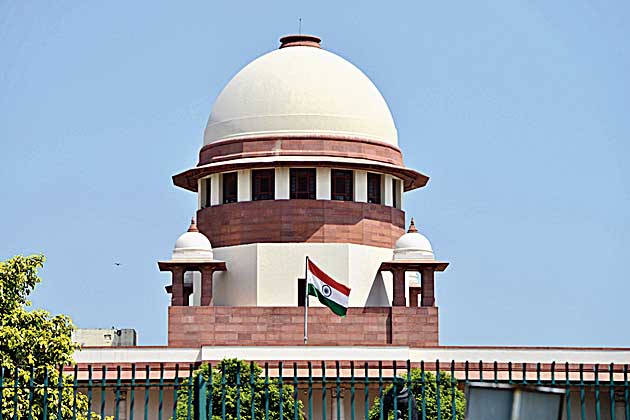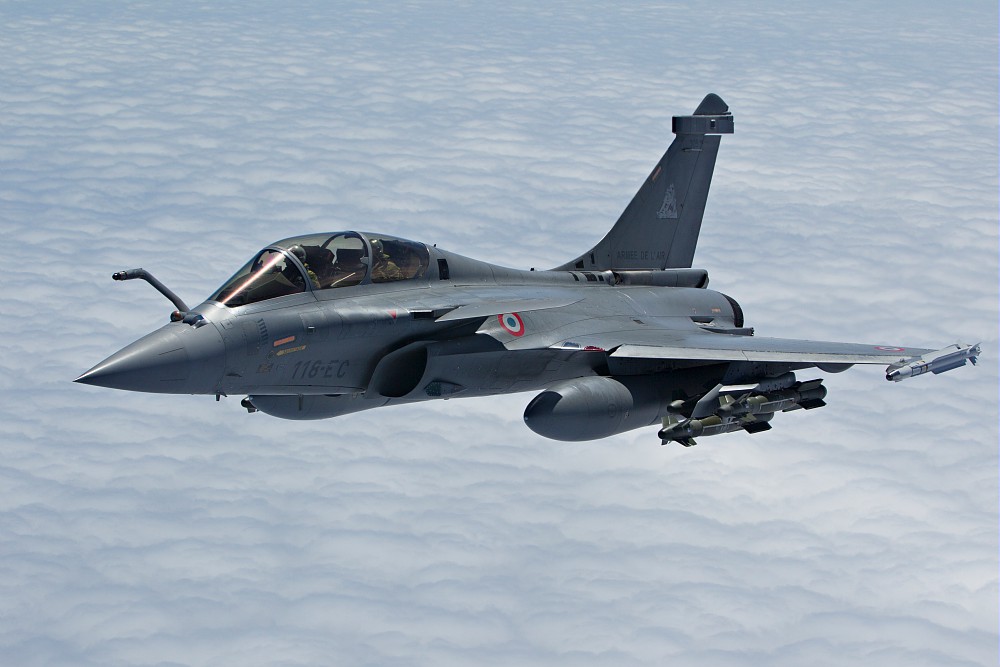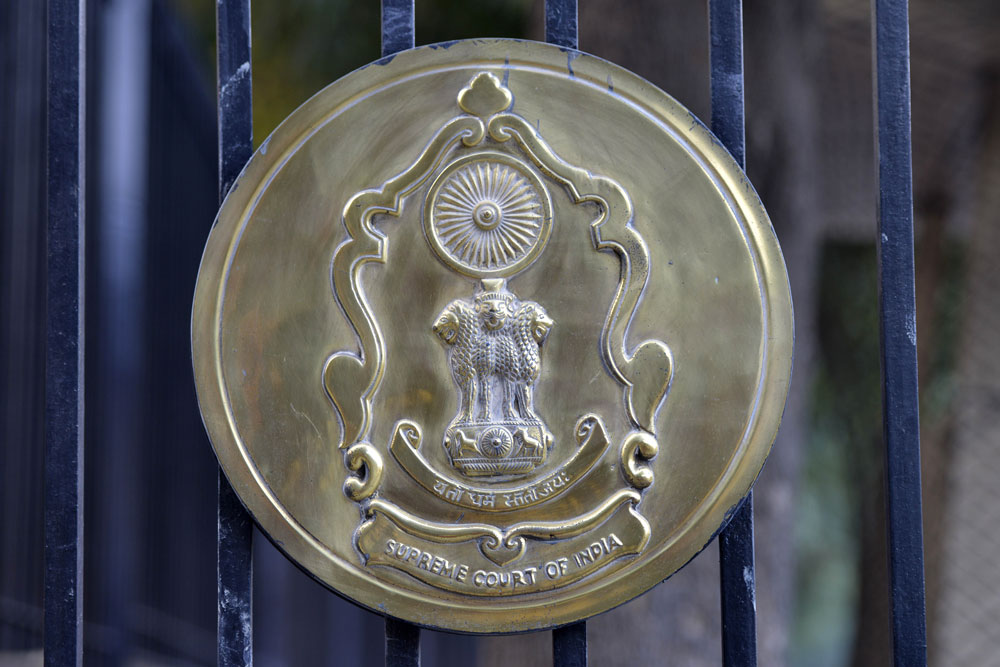The Centre on Thursday urged the Supreme Court to dismiss the perjury application moved by former Union ministers Yashwant Sinha and Arun Shourie and others seeking action against government officials for allegedly misleading the court on the Rafale deal.
The government said the application had been filed on the basis of selective media reports.
Besides seeking a review of the December 14 judgment in which the Supreme Court ruled out wrongdoing in the Rafale deal, the petition had sought perjury proceedings against the officials under IPC Section 195.
Under the section, if any person produces false or fabricated evidence, he or she can be sentenced to jail for up to seven years.
The petitioners have contended file notings relating to the objections raised by the defence ministry to “parallel negotiations” conducted by the Prime Minister’s Office were concealed from the top court.
“There is no act of perjury involved in the submissions made before the Supreme Court as the submissions are based on records. However, the petitioners are relying on selective leaks in the media from the MoD (ministry of defence) files, on opinions expressed by individual officers or a group of officers.
“These only present a selective and incomplete picture on matters relating to national security and defence,” the Centre said in an affidavit on Thursday.
The batch of review petitions and the perjury application is listed for hearing on Friday at 2 pm.
According to the Centre, there was no violation of the provisions of the defence procurement policy on the Rafale deal.
“The petitioners are again trying to create unnecessary controversy…. Various references to annexures filed with the writ petition are not documents of the answering respondent and hence the same are denied for want of knowledge,” the government affidavit said.
“It is submitted that monitoring of the progress by the PMO of this government-to-government process cannot be construed as interference of parallel negotiations. The then Hon’ble Raksha Mantri had recorded on that: ‘…it appears that PMO and French President’s office are monitoring the progress of the issues which was an outcome of the summit meeting.’
“The documents presented by the petitioners fail to bring out how the issues raised at different levels were addressed and resolved…,” the government said.
The Centre turned down the demand of the petitioners to share with them a copy of the note given by the government to the top court on the pricing details of the Rafale deal.
“…it is submitted that (the) note on pricing was not required to be shared with the applicants since it is classified information/document. It is denied that there is untruth and suppression in the notes regarding (the) ‘decision-making process and offsets’. It is reiterated and denied that this hon’ble court was misled in any manner as there are perceptions of the applicants devoid of merit,” the Centre said.
According to the government, the Indian Negotiating Team had, as mandated by the Defence Acquisition Council, undertaken a “collegiate process involving due deliberations and diligence at various levels during the negotiations”.
The concerns raised by members of the Indian Negotiating Team “were deliberated on and addressed, while ensuring utmost integrity and transparency in the process, allowing opinions to be freely expressed, recorded, discussed and if necessary modified,” the Centre said.



